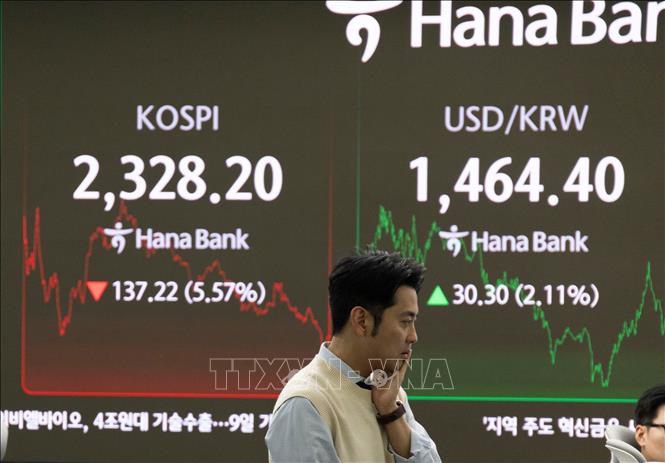
The Korea Composite Stock Index (KOSPI) closed at 4,004.42 points, down 2.85% from the previous session, the reporter reported, citing a report from the Korea Stock Exchange (KRX). The index fell from the beginning of the session and at one point fell to its lowest point of the session at 3,867.81 points.
In response to the sharp market decline, KRX activated the circuit breaker mechanism - a measure to temporarily halt trading of programmatic sell orders when the KOSPI 200 futures index fluctuates more than 5% or the KOSDAQ 150 futures index fluctuates more than 6% for at least one minute. This is the first time this mechanism has been activated since April 7 this year.
The global slump began in New York, with all three major US indexes falling on November 4 (US time) due to concerns about the high valuation of AI stocks. The Nasdaq Composite Index fell 2.04%, while the S&P 500 lost 1.17%. The sell-off was fueled by statements from the heads of major investment banks such as Goldman Sachs and Morgan Stanley.
Speaking at the Global Financial Leaders Summit in Hong Kong (China) on November 4, Mr. Ted Pick - CEO of Morgan Stanley, said that we should accept the possibility of a market correction of 10-15%, and this is not a sign of a macro crisis.
Investor sentiment was further clouded after the White House announced a ban on exports of Nvidia's next-generation Blackwell AI chips to China, sending Nvidia shares down 3.96%. Other stocks such as Tesla, AMD and Broadcom also lost 5.15%, 3.70% and 2.81%, respectively. In Seoul, SK hynix shares fell below 600,000 won ($415), while Samsung Electronics shares remained above 100,000 won.
In addition, concerns about the US government shutdown, which has been in its 36th day, continued to cause uncertainty among investors in the November 5 session.
A weaker won added to the market pressure. The won/dollar exchange rate closed at 1,449.4 won per dollar, down 11.5 won from the previous day. A weaker won could reduce the value of South Korean dollar-denominated assets and cause foreign capital to flee the market.
Large-cap stocks that suffered the most during the session were Samsung Electronics, which fell 4.10 percent, Hanwha Ocean, which fell 7.47 percent, and Hanwha Aerospace, which lost 5.94 percent. Apart from some codes in the telecommunications, finance, and biotechnology sectors, most other sectors lost points.
According to analysts, the sharp decline in the Korean stock market over the past two days is likely to be temporary, in the context that the chip export outlook remains positive and the Korean government continues to implement market support measures.
Source: https://baotintuc.vn/thi-truong-tien-te/thi-truong-chung-khoan-han-quoc-bien-dong-manh-do-tac-dong-tu-my-20251105195754714.htm




![[Photo] Closing of the 14th Conference of the 13th Party Central Committee](https://vphoto.vietnam.vn/thumb/1200x675/vietnam/resource/IMAGE/2025/11/06/1762404919012_a1-bnd-5975-5183-jpg.webp)





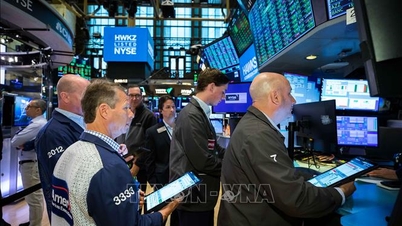
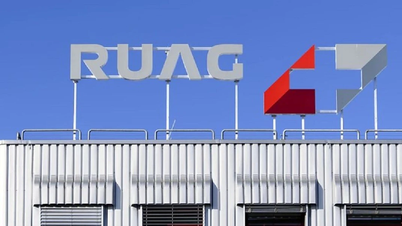






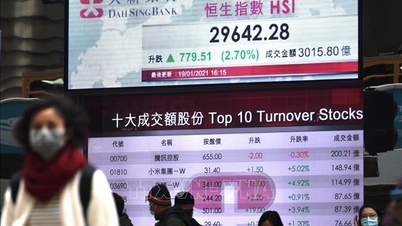










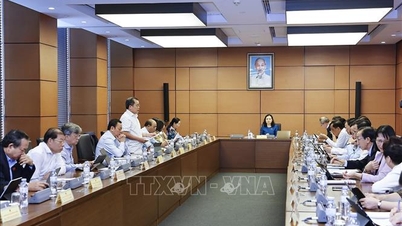
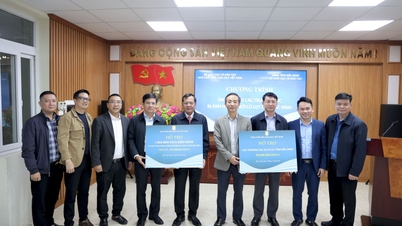

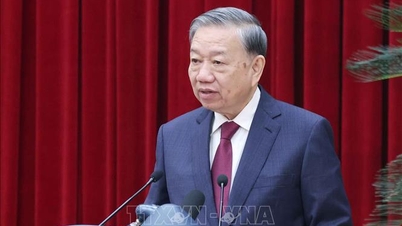
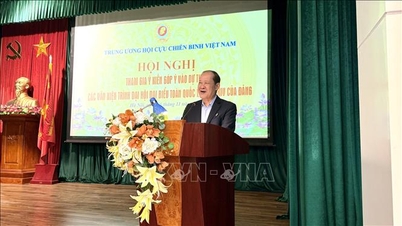
























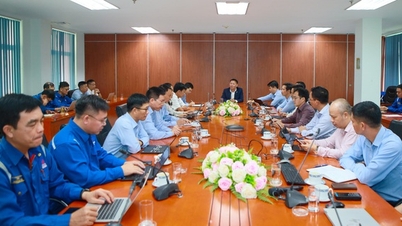

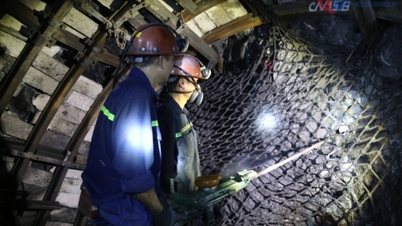













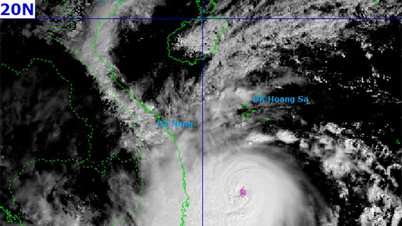




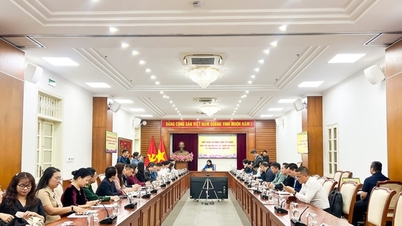












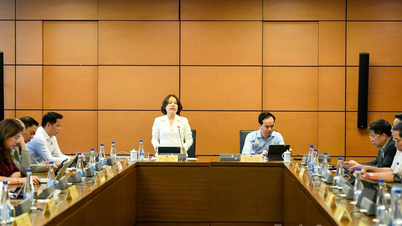
















Comment (0)